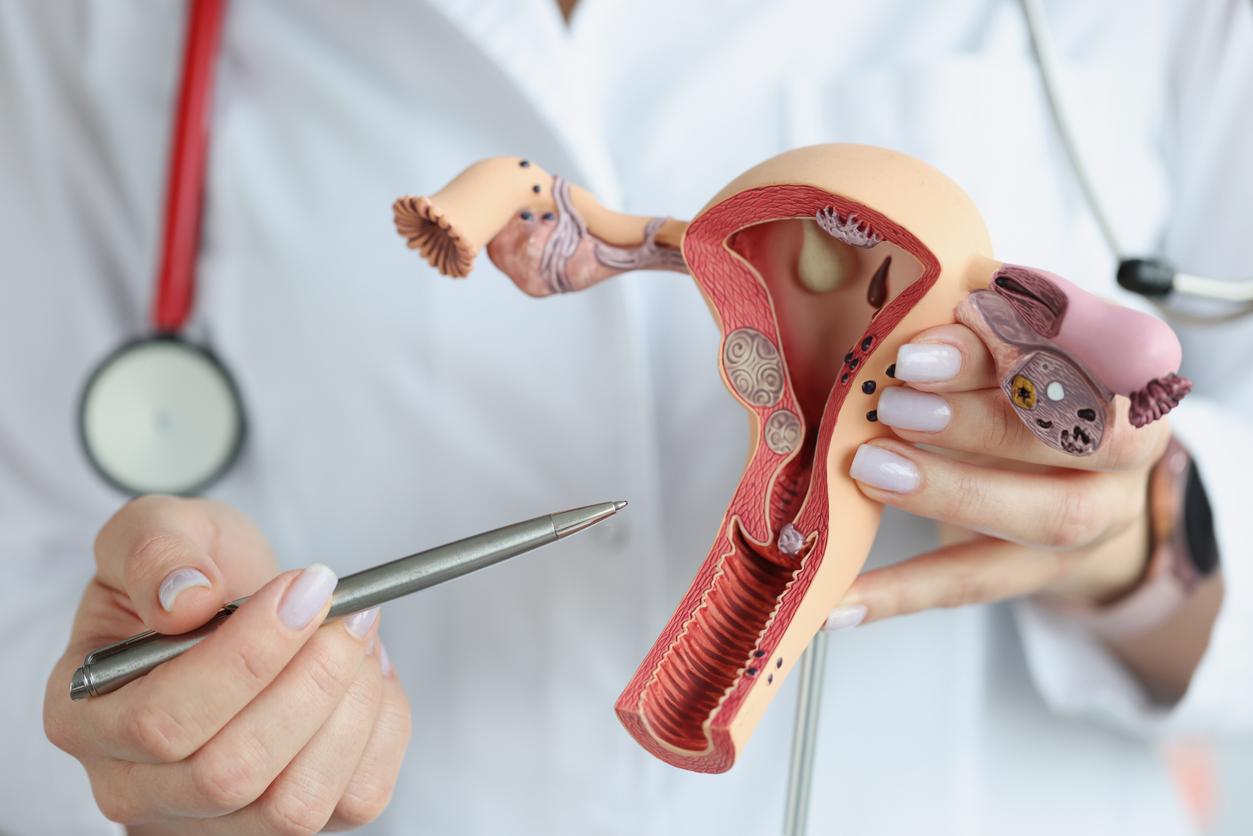Some practical health-tools are able to provide solutions to soften the impact of emotional shocks on the nervous system. Let’s discover how to manage your stress and find a real comfort of life thanks to cognitive neurosciences.
Considered a real illness of the 21st century, stress affects more than 40% of the French… However, it is not necessarily the enemy to be defeated because it is a essential agent of life.
Stress, what is it exactly?
Stress refers to both the set of external demands that push us to act, and the panoply of reactions that we develop to adapt to them. So the bad stress leads to wear and tear on the body which, in the long term, can generate chronic diseases. Studies have been conducted to explain the mechanism as explained This article appeared in PourlaScience.fr.
When stress sets in over time, it can thus have adverse health consequences. The state of chronic stress is indeed manifested by physical, intellectual and emotional symptoms.
These have an effect on the entire nervous system and are often the cause of a increased sensitivity and nervousness, crises of tears, nerves, anxiety, excitement, sadness, malaise…
Stress is essential and inseparable from our life. But the excess of stress is a real pollution. It pollutes the assimilation, the nervous resistance, the thought system and the nervous system. This disrupts the machine.
How to manage stress with breathing?
The management of stress and emotions is possible thanks to techniques drawn from cognitive neurosciences which ensure lasting well-being.
Dr Yann Rougier, at the origin of the 5 life factors, explains in a video how to manage stress using Applied Neuroscience. It’s about practicing simple health exercises to transform your quality of life in a few minutes a day.
According to Dr. Yann Rougier, breathing is the most rapidly effective neuroscience tool on the entire nervous system. In a minute, you can influence your entire system.
The excess of stress is a real pollution, which pollutes the assimilation, which pollutes the nervous resistance and which pollutes our system of thought and our nervous system; therefore disrupting the machine. So it is essential to properly control the balance of our nervous system. Hence the importance of knowing how to manage stress.
A simple program that explains How to manage your stress was established. This tool to practice a few minutes a day is useful but it does not replace the work of specialists (psychologists, psychoanalysts and psychiatrists).
The power of intention
There are very simple neuroscience tools called symbolic labor, simple writing. So if you want to work on your emotions, don’t take a pill but take a real step.
This approach is not imposed as a constraint but as a comfort of life. All the people who start this program at the level of the management of the emotions, find there immediate well-being and comfort.
Neuroscience offers a neuropsychological answer: the power of intention. When, for example, you hate someone, you have to start by having a intention to forgive to attenuate and then gradually dissolve this emotion of hatred that this person has created in us.
Otherwise, this energy of “hatred” robs us of healing energy and can even make us sick. It’s as if we were punishing ourselves (but without having any control over what makes us unhappy).
The goal is not to remove emotional shocks, it is impossible, but more humbly to soften their impact on our entire nervous system and therefore on our assimilation of nutrition and food supplements. The virtuous circle is thus complete.
If you want to learn more about the right tools to learn how to manage stress, we recommend this lecture by Dr Rougier.


















